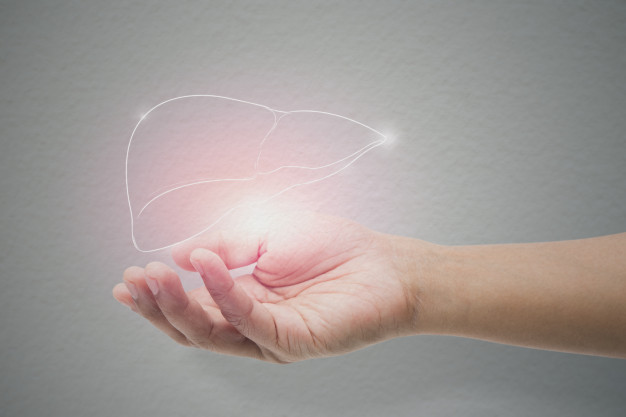Diseases related to Gastroenterology and Hepatology
There was an excellent exchange of views regarding Kauvery Hospital has been organizing awareness programs like these; since this lockdown period, a lot of misinformation regarding health issues has been circulating through WhatsApp and other social networking sites. Dr. Dinakar Mani, Gastroenterologist in Trichy deliberates on the possibility of coronavirus affecting the bowel and liver. We are all well informed of coronavirus - how it started at Wuhan province and had spread all over the world in no time. India prevented a major outbreak through its early lockdown and also its populations’ innate immunity. A few things to be followed in the forthcoming 3 to 6 months to eliminate the virus from our country will be – hand hygiene, social distancing, avoiding crowded places, and personal hygiene. According to ICMR statistics, 80% of individuals affected in India are asymptomatic from whom there is an increased chance of rapid spread of the disease.

Symptomatic patients have manifestations like cough, cold, running nose, sore throat. 15% of patients have gastrointestinal symptoms like loose stools, vomiting, abdominal pain. Whatever may be the symptoms affected patients should not panic. Instead should contact healthcare personnel through phone or telemedicine services and get a solution to overcome the infection.
Dr. Arivarasan elaborates on the liver and liver-related problems and its treatment. Just like the brain and heart, the liver is a vital organ, and damage to the liver can cause several consequences. The liver takes care of the production of proteins, blood coagulants, and hormones. It is also a storehouse of energy. It acts as a filter to purify blood reaching the heart. So when the liver is affected all the processes get affected. When protein synthesis becomes low, there is an increase in infection rate and bleeding tendency. Storage of energy resource is reduced, fatigue occurs. When filtering does not occur, ammonia reaches the brain, causing ‘Hepatic Encephalopathy’. The causes of liver injury could be alcohol intake, viruses like hepatitis, fat, and few medicines. Liver damage does not occur in days but over the years. In the initial period, even if the liver is damaged, it will not stop liver functioning and this is called compensated liver disease. But only in the end stage will the function cease and is termed as decompensated liver disease.
Dr. Kumaragurubaran elaborates on the symptoms of decompensated liver disease – leg swelling and abdominal distension. The earliest symptom is fatigability which is overlooked. And present only in the end stage with the above symptoms along with bleeding problems, blood in vomitus, and stools. Further deterioration leads to hepatic encephalopathy characterized by a change in sleep pattern, lack of concentration and inability to do routine work, wherein consultation with a doctor is mandatory. People with abdominal distension due to fluid accumulation are at a higher risk of infection – not necessary from external factors but from their own bowel organisms which could be fatal. As a result of liver failure, there could be renal failure, accumulation of toxins in blood and slowly leading to multiorgan failure. Dr. Dinakar Mani will be discussing the diet plan for liver disease patients. Taking protein-rich food is very essential like pulses, sprouts, soya, paneer, channa dal, eggs, etc. Foods to be avoided are fried, roasted, oily, and high salt content. We shall now see the measures to be taken during this lockdown by patients with liver diseases. Consume plenty of fresh vegetables and fruits. Small frequent meals to be followed. No restriction regarding the intake of water for liver disease patients. But patients with liver and kidney failure should restrict fluid according to urine output. Transplantation has to be performed on patients with end-stage liver disease and acute liver failure. Transplant patients should never alter the dose of immunosuppressant drugs for immunity concerns in these COVID times.
Coming to gastrointestinal symptoms like heartburn/acidity/gastroesophageal reflux can be managed with lifestyle modifications. Yoga and meditation and avoiding oily and spicy food can solve problems of indigestion and ulcer. Overcoming stress also can manage irritable bowel syndrome.
The session ends with a discussion on endoscopies and colonoscopies. Both are daycare procedures done only for high-risk patients and have to be done in consultation with a gastroenterologist.
At Kauvery Hospital we work as a team to treat all gastroenterology emergencies even during this corona pandemic. You can contact us through our helpline numbers for further queries.
Click to see video:
https://www.youtube.com/watch?v=Mo1kOf-9Krs
- May 23, 2020
